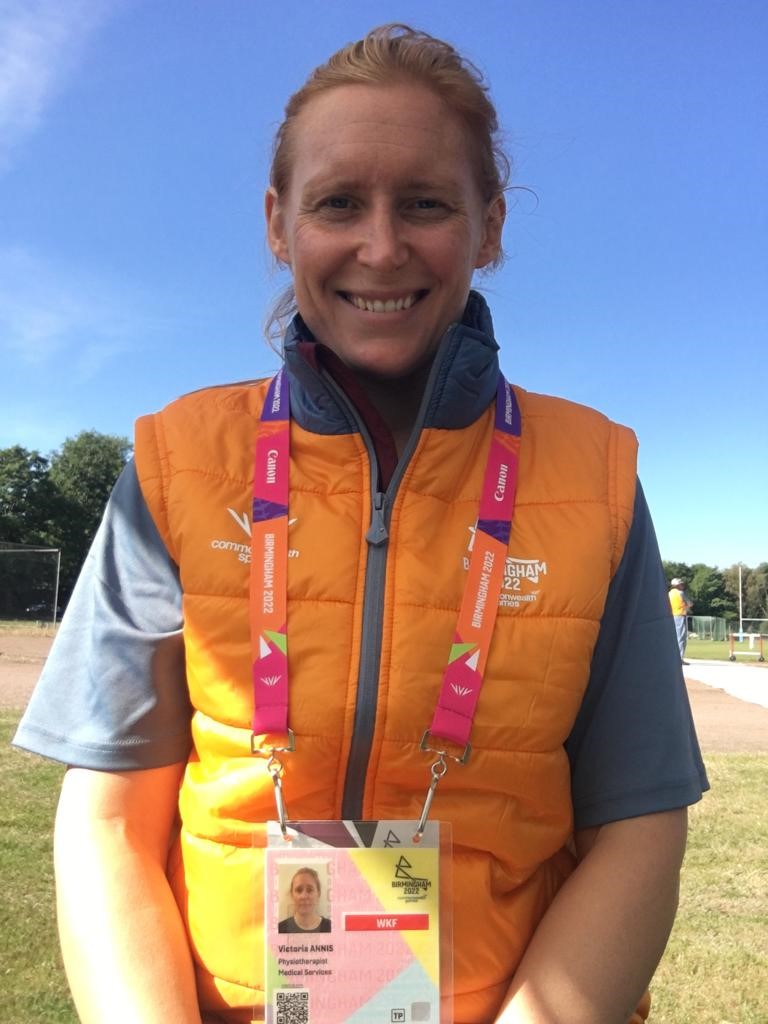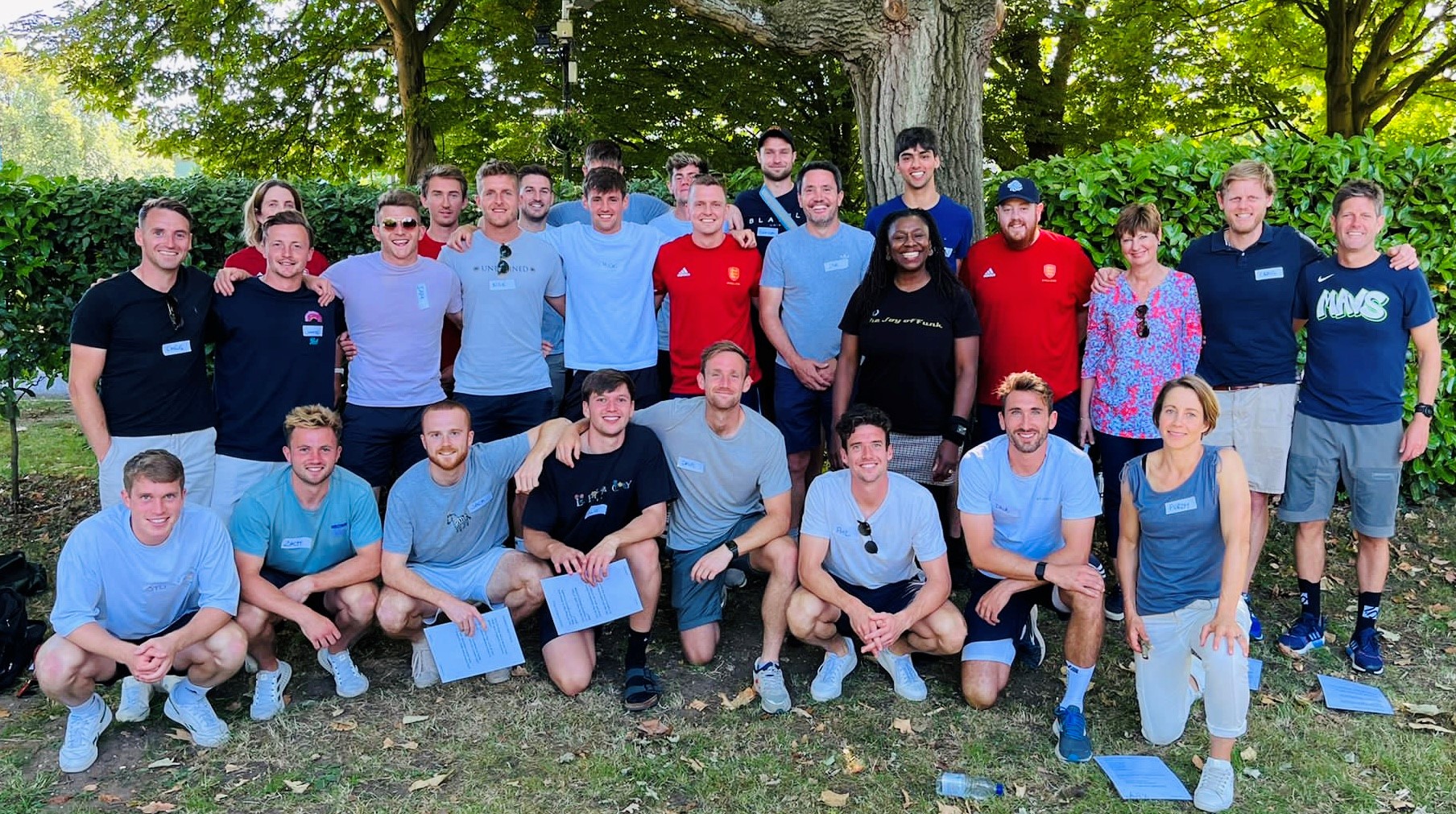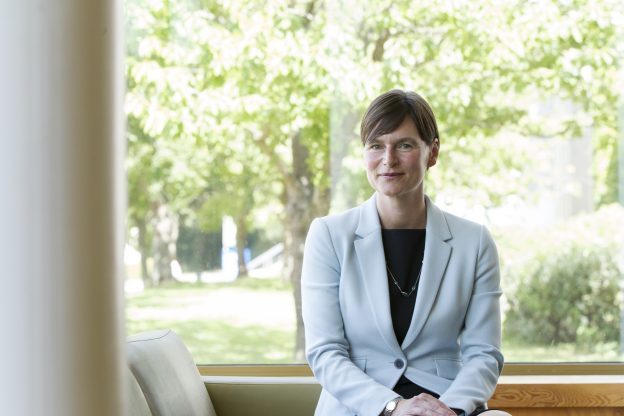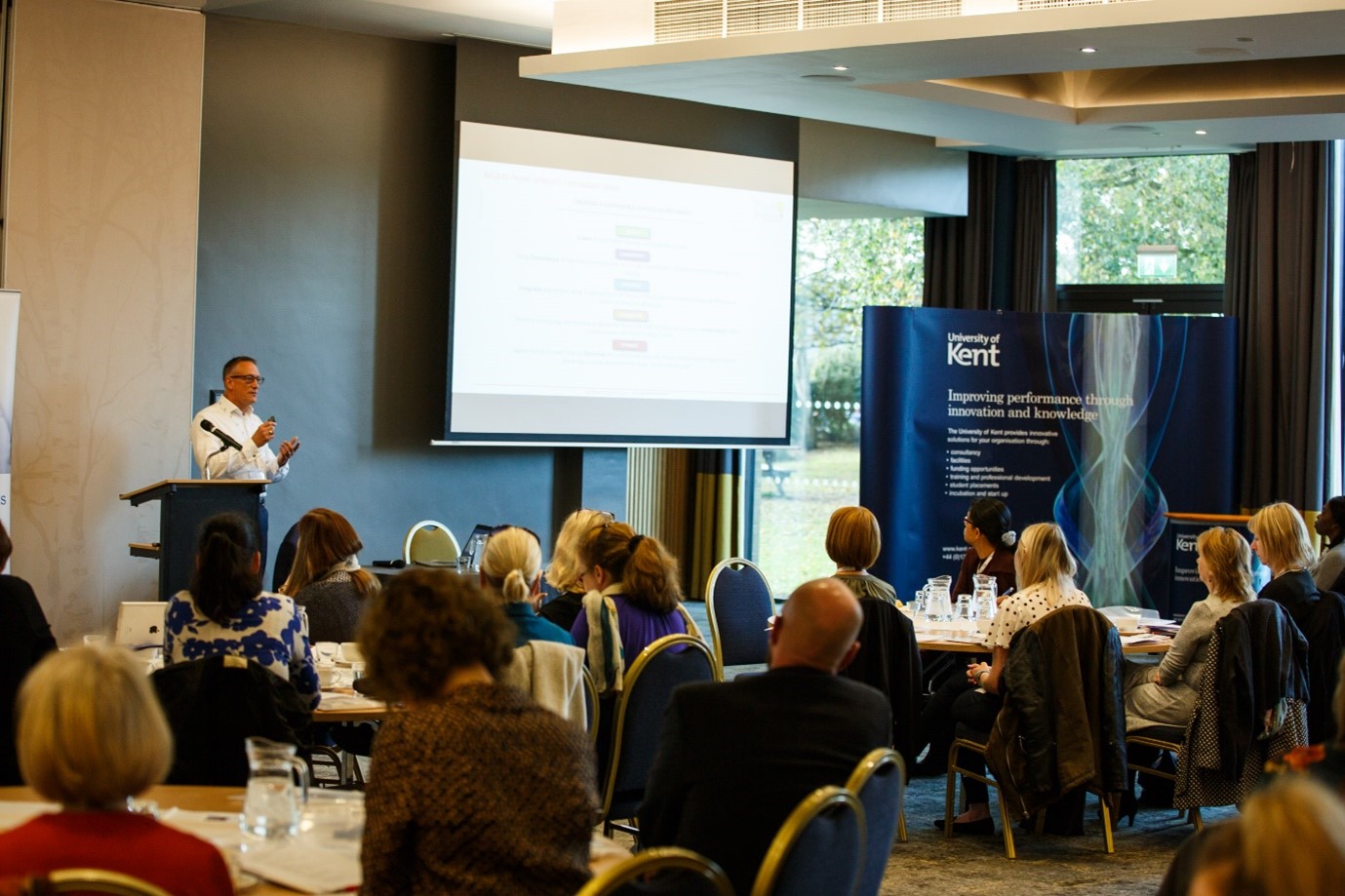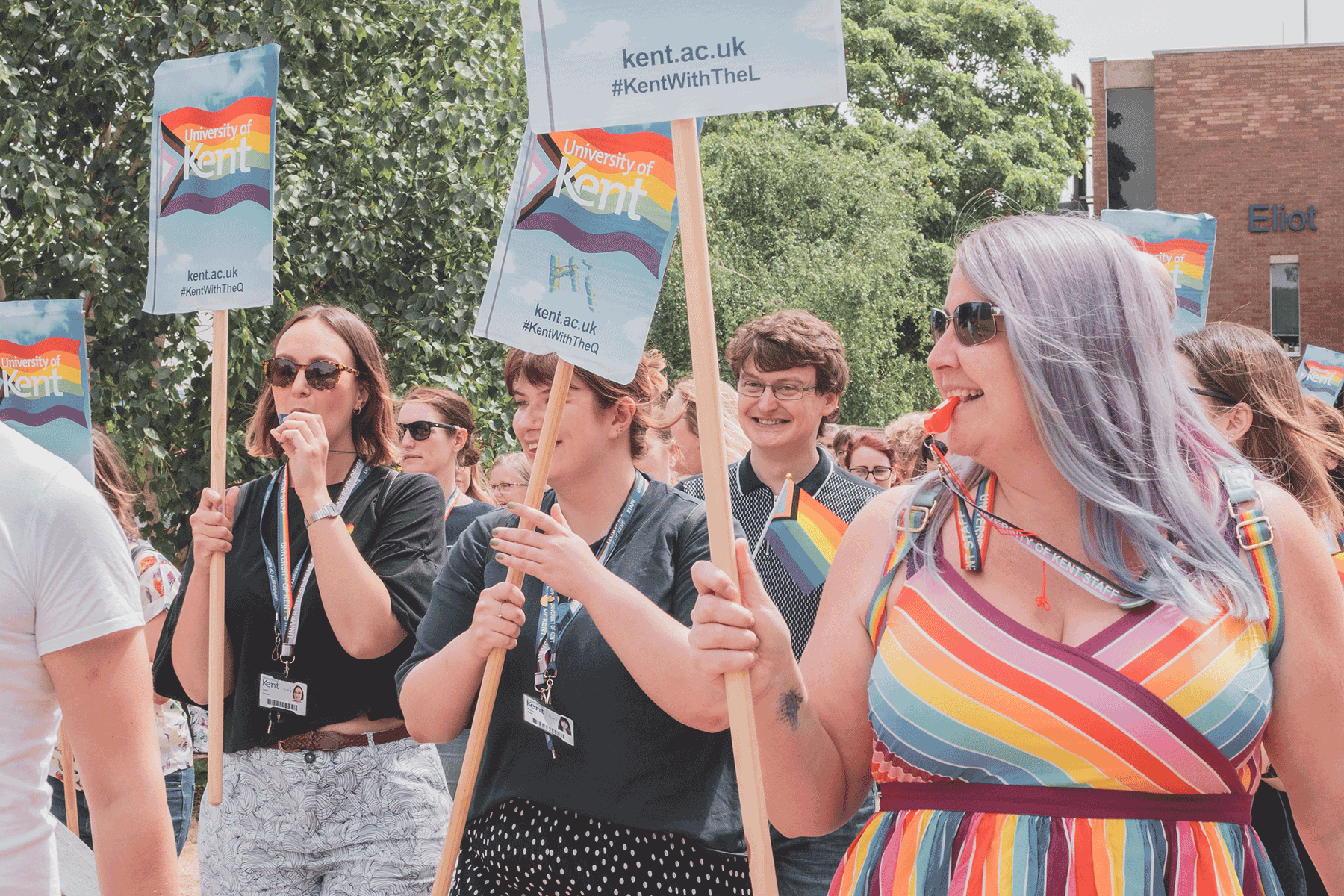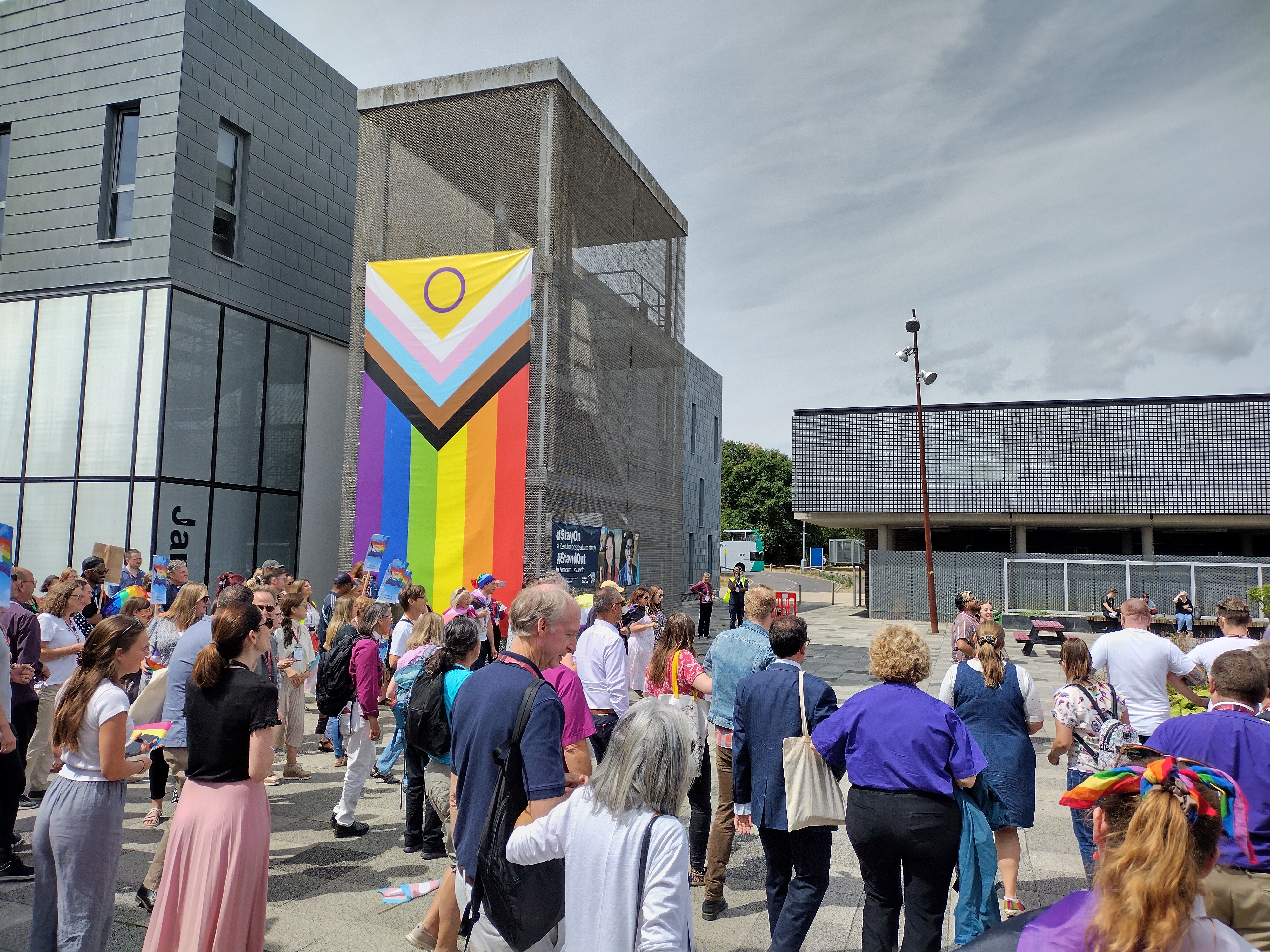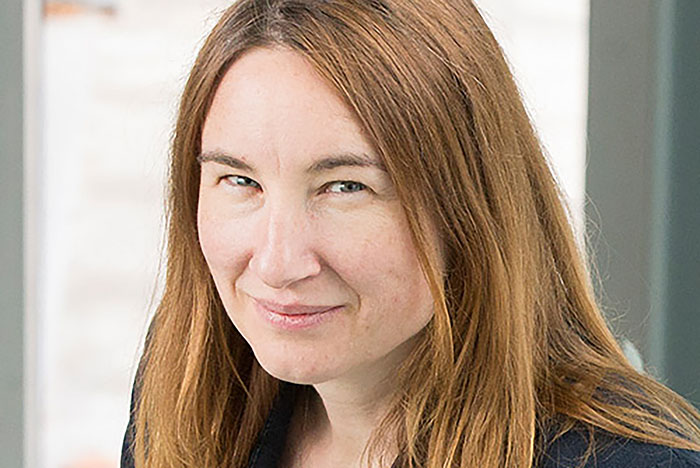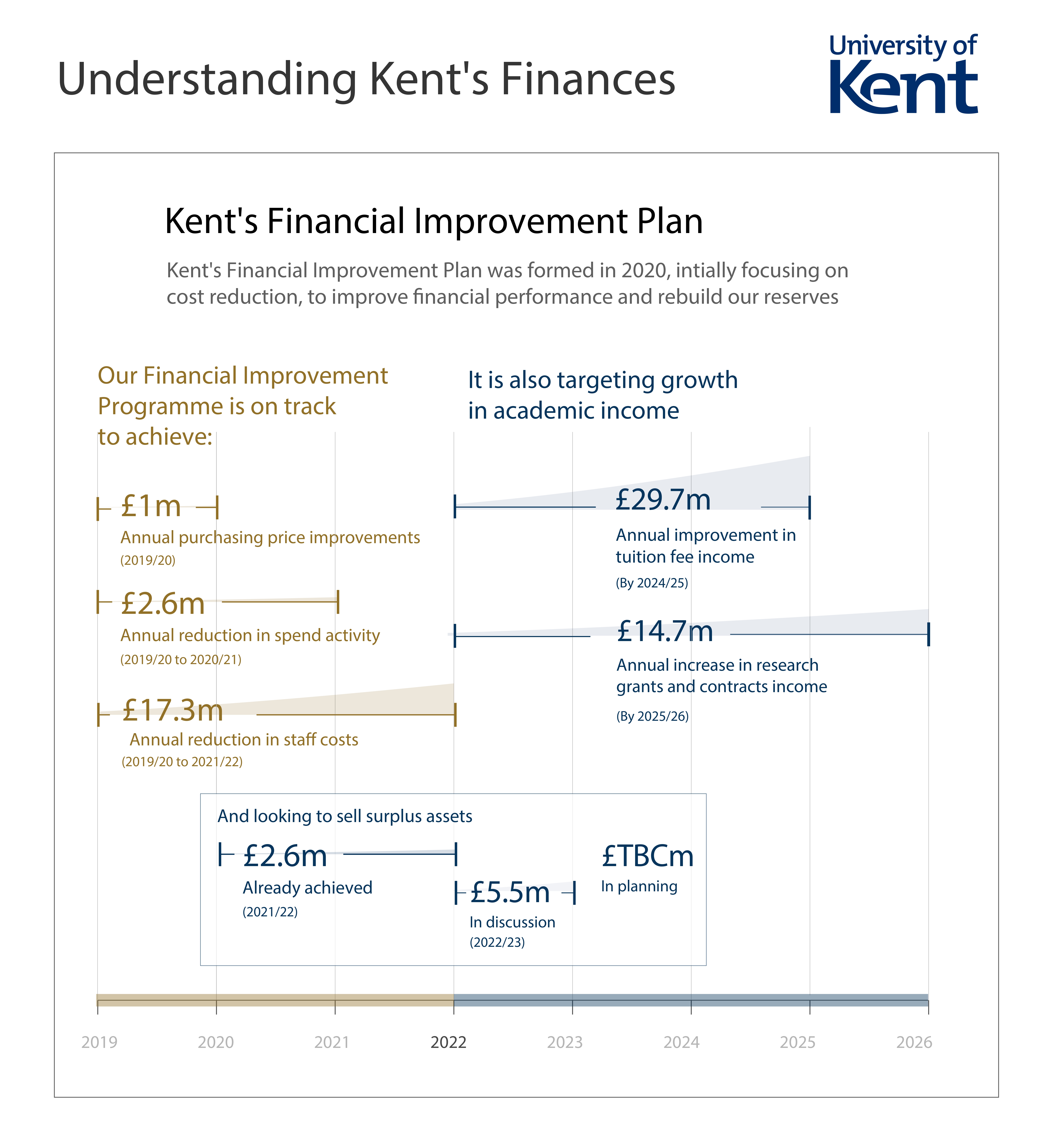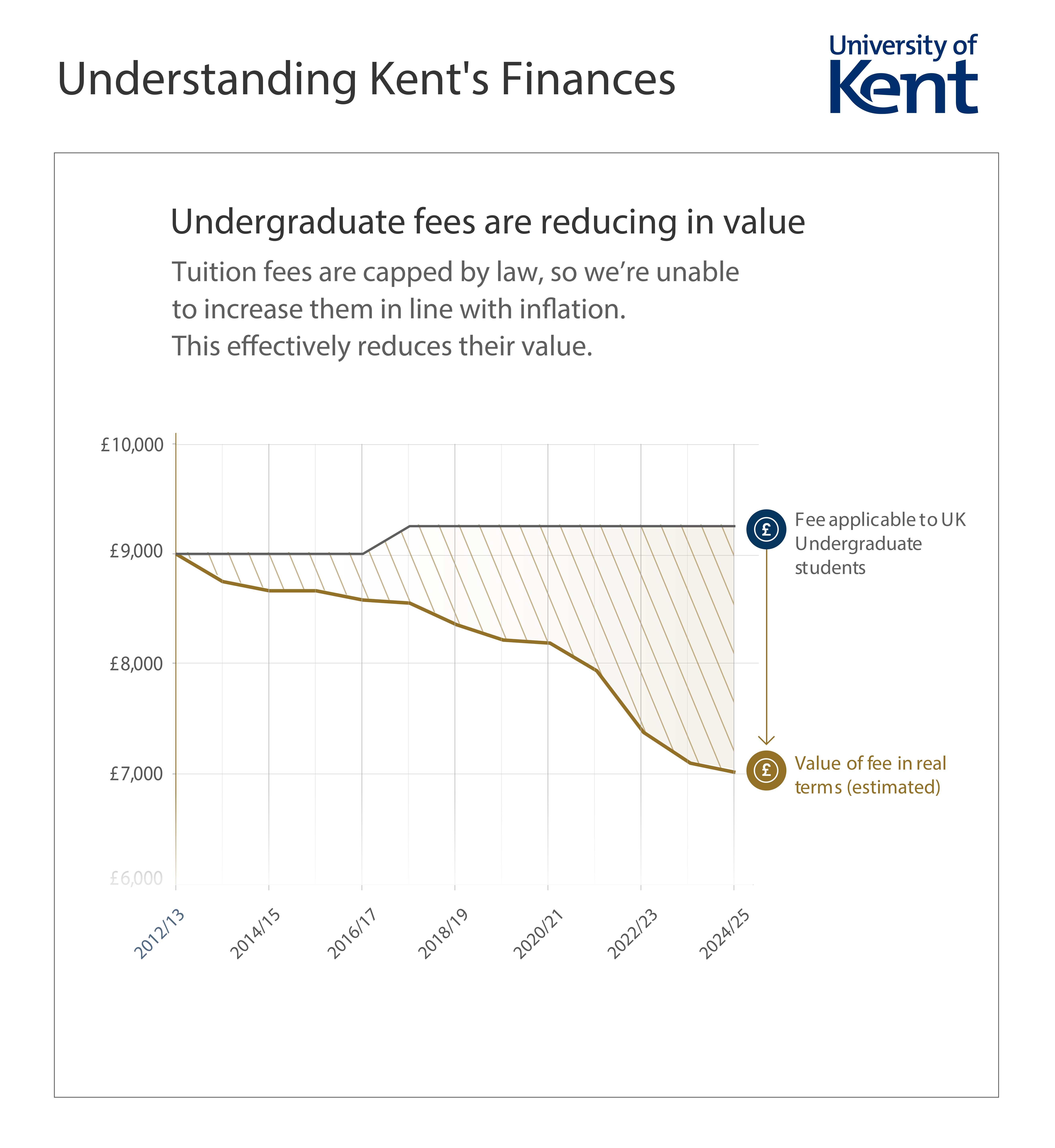Three Members of Kent Sport ‘walked the walk’ by supporting Home Nations Sport at the highest level, in three very different ways. As Simon Le Bon wailed his last and the final firework whizzed over Birmingham’s Alexander stadium Kent’s finest went to work.
Mel Clewlow: Director of Sport, Kent Sport
In case you are not familiar, our double Olympian Director of Sport, Mel Clewlow will be celebrating her 30th playing year for Canterbury Ladies this year. She is still a first choice for their first XI and has represented England Hockey at three Commonwealth games with podium finishes in the 1998, 2002 and 2006 games.
Her love of the game extends from play to pitch side where she has been commentating since 2010 with notable commentary at the London & Rio Olympics plus multiple world cups and world competitions. This year Mel will commentated on the World Feed, providing commentary to all nations. Mel confidently predicted a top four finish for the England teams, with the women’s hockey team beating Australia to take gold and the men’s hockey team beating South Africa for bronze.
Vicky Annis: Physiotherapist, Kent Sport
Vicky supports the Kent Sports Clinic which combines the expertise of Kent Sport physiotherapy and the School of Sport and Exercise clinics creating one of the most extensive performance, physiotherapy, and rehabilitation services in Kent. No stranger to service in sport Vicky has previously supported the GB Triathlon Team in Cape Town and has worked at several World Series races. A keen swimmer, Vicky spent last summer swimming the English Channel solo, in an impressive 12 hours.
This summer she was selected to work at the Games as part of the Commonwealth Collective (a group of over 13,000 volunteers). Vicky provided physiotherapy from the Birmingham athlete village and the Team England HQ at the NEC.
Vicky said before the Games took place “I will be working with some of the best physiotherapists in England, this is an amazing learning opportunity”
Find out more about how the Kent Sport Clinic can help you .
Jacquie Edwards: PA to the Director of Sport
Behind every good woman…is a good woman. Jacquie has worked for three consecutive Directors of Sport. She is an ex professional athlete with multiple international caps for England and Great Britain rugby. Her trophy cache includes a prized gold winner’s medal after scoring the winning try in the 92 Women’s world cup. Since retirement from Jacquie has been able to pursue her second love, music.
Jacquie travelled to Bisham Abbey (the national centre of excellence for the country’s leading sportsmen and women) to teach the England Hockey Men’s Team how to sing England’s national anthem, Jerusalem. Jacquie said “Those poor lads didn’t know I was coming and didn’t know what hit them! They were a bit reticent at first but by the end of the session they were all singing with gusto, pride, and passion” “Those are my lads now and I will definitely have a little tear in my eye when they sing the anthem”
Jacquie performs as Ginger Bennett and you can see her in her award winning show Songs from My Soul as part of this year’s Canterbury Festival


